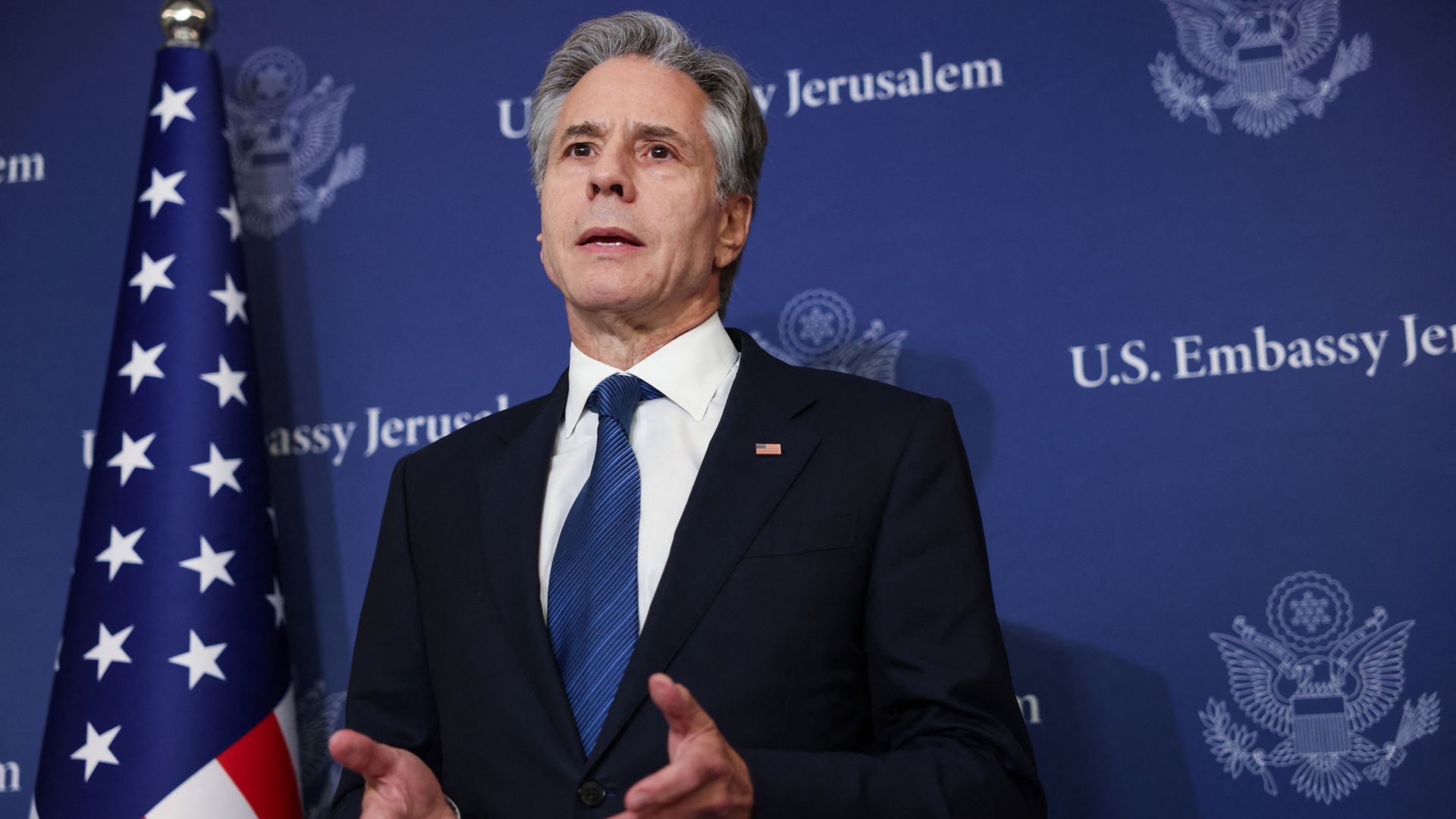It is just after 8am on Monday morning and the scramble for a GP appointment is well under way.
The two receptionists at the Fender Way Medical Centre are busy screening calls.
Dr Laxman Ariaraj is in his consulting room watching the appointments fill up on his computer screen.
He is triaging the patients to make sure they have all been given the right response.
Among the patients on his urgent list that have called this morning is Joanne Martin. She has Parkinson’s disease and has developed a urine infection.
Dr Ariaraj knows Jo’s medical history well and phones her to find out more.
“I’m so tired”, Jo tells the doctor. “As soon as I finish the phone call with you, I’ll be asleep.”
Jo explains she has suffered from extreme fatigue for a few days. The infection is driving a high temperature too.
The doctor explains that he wants her on a course of treatment straight away.
“I’m going to start an antibiotic today, if we can get that sample off,” he says.
“If we find that the antibiotic wasn’t going to work for your infection, we can quickly change it to a more suitable one.”
Dr Ariaraj is concerned enough to ask Jo, who is a wheelchair user, to attend the clinic in person to have some blood and urine tests and so he can see her.
“We ought to get on to treating this quite quickly, I think,” he tells her.
Dr Ariaraj’s clinic is in Birkenhead on the Wirral, one of the most deprived communities in the country.
Women here have the sixth lowest life expectancy at just over 74 years. And for men it’s worse, with the third lowest life expectancy at around 67.
Jo moved to the Wirral over 40 years ago. She was forced to quit work as a teacher because of her health. She says the inequalities in the area were driven by housing needs.
“If they’re in a nice house and they can afford a nice house, then people are far happier, and they’ll be healthier,” she says.
“So I think it’s all down to housing at the end of the day, and facilities.”
Jo’s husband Blake describes himself as “Wirral born and bred”.
He left the area to join the Royal Navy but came back when he retired. He says the former shipbuilding community was hit hard because of unemployment.
Be the first to get Breaking News
Install the Sky News app for free
This, he says, and the need for better education were underpinning many of the issues found here.
“I think the biggest problem is money, really. I think there needs to be more employment from the point of view of getting people into work,” he explains.
Health inequalities are greater in the North West than anywhere else in England. And the Wirral is one of the most divided areas in the region.
Read more:
King and Queen celebrate 75th birthday of NHS
One in five doctors with long COVID forced to stop working
Ex-NHS nurse: I’m never coming back to the UK
Populations separated by just a few miles along either side of the M53 have very different health outcomes.
Travelling north along the motorway, residents on the right can expect to die younger than the ones living on the left.
Dr Ariaraj wants more funding diverted to neighbourhoods like his, and, crucially, he wants more time to spend with each patient.
“You can probably throw a cricket ball from significant wealth to abject poverty in this area.
“We need more resources in our health system, and I would put a plea for if and when those resources come that we prioritise areas such as these where I think that extra resource can make the most difference,” he says.
Dr Bola Owolabi is the director for health inequalities at NHS England. She says a number of initiatives including Core20PLUS5 have been introduced to address health inequalities.
“The core 20 are the 20% most socially economically deprived communities across the country. And the plus are other communities that could inadvertently be left behind unless we’re intentional about reaching them,” Dr Bola explains.
“So those would include people experiencing homelessness or rough sleeping people from our ethnic minority communities, people from our migrant communities, for example, gypsy Roma traveller communities.”
Click to subscribe to the Sky News Daily wherever you get your podcasts
She adds: “The NHS has been working incredibly hard over the last 75 years to make sure that regardless of where people live, regardless of their background, regardless of their socio-economic status, that they have equitable access to high-quality healthcare.”
Since Dr Ariaraj qualified as a GP 20 years ago, his patients’ needs have changed.
There is an increasingly ageing population with complex health issues. This and widening health inequalities will present the NHS with significant challenges as it faces up to its next 75 years.
Watch Sky News’ NHS special programme with Mark Austin at 6pm on 5 July.






